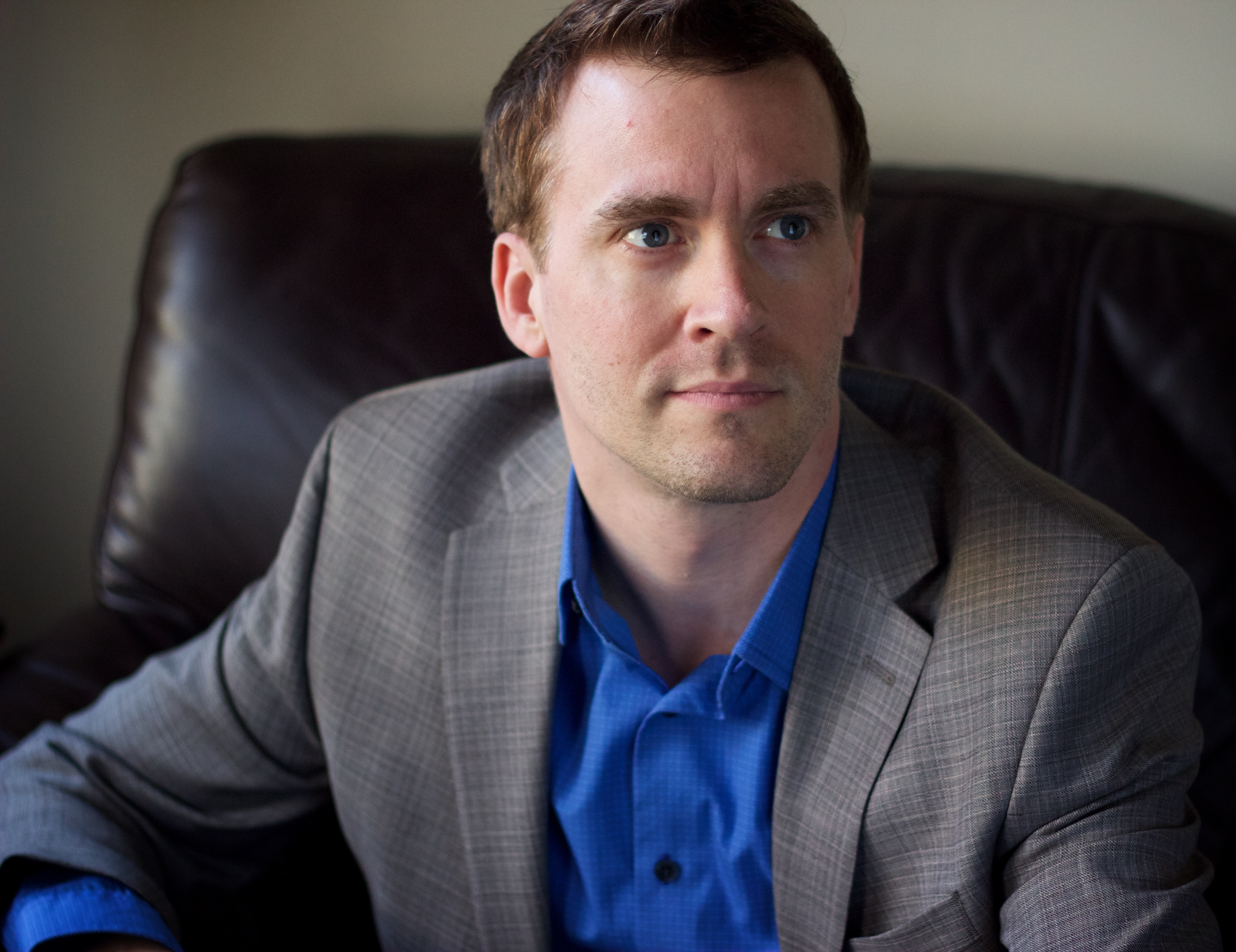Description:
Given the current state of agility and how so many still struggle to get the full benefits of agile product development. it’s hard to imagine what the future might look like. But let’s take a look anyway. Imagine 100 years have passed. Artificial intelligence supplements human intelligence living in a symbiotic relationship. We no longer concern ourselves with cleaning our houses, driving automobiles, or even picking up phones. We’re completely connected at all times and all have immediate access to the world’s knowledge. People of the year 2119 have fully embraced their role as the conductor of a fully autonomous orchestra. Code writes code. Mistakes can’t be made. New products can be developed and shipped in weeks. Rapid prototyping makes hardware development almost as fluid as software development giving hardware makers the ability to version hardware multiple times in a year much like software. So how do we get there? We’ll take a look at current agile delivery frameworks and methods and what pieces may no longer be helpful when underlying problems and assumptions that built those frameworks no longer exist or have been solved. We’ll see how much faster we could go in the future and what post-modern frameworks will evolve
Learning Objectives:
- A deeper understanding of the solvable problems we’ve had in software development since we started building software
- A clearer vision of the possibilities we may have in the future when we’ve solved many of the core problems agile frameworks addressed
Target Audience:
Executive / Management, Practitioners, Technical, Coaches, Product / Portfolio Management
Presenter:
Robert Pieper
Robb has taught thousands of people agile frameworks and methodologies. He’s worked at all levels from the team to the C-Suite sharing the benefits of business agility. Robb’s developed an ability to easily communicate difficult-to-grasp ideas in his career improving product development. He’s a charismatic public speaker inspiring business leaders and knowledge workers with new ideas to improve. He specializes in executive and management training/coaching, but also passionate about building solid relationships and teams, keeping first things first, and mistake-proofing.


Recent Comments